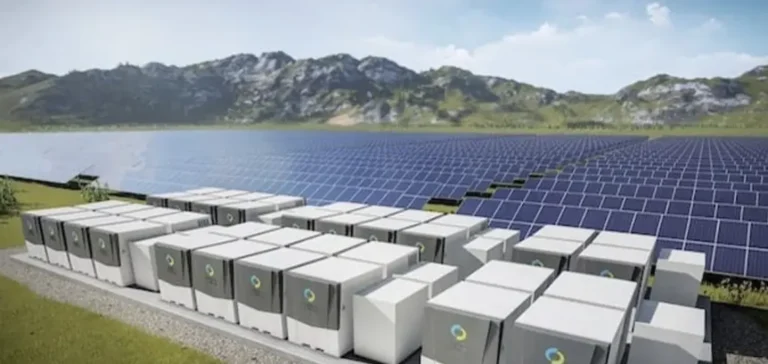The Canadian company Westbridge Renewable Energy Corp., specialized in the development of large-scale energy infrastructure, announced that the effective date of its common share consolidation is set for August 22, 2025. This operation will result in the exchange of one post-consolidation common share for every four pre-consolidation common shares.
The company’s branding, including its corporate name and stock symbols on the Canadian (TSXV), American (OTCQX), and German (FRA) exchanges, will remain unchanged. However, trading identifiers will be updated, with a new CUSIP code (95716A201) and a new ISIN code (CA95716A2011) applied to the consolidated securities.
Reduction in Share Count and Conversion Procedures
The consolidation will significantly reduce the number of outstanding shares, decreasing from 101,149,851 common shares to approximately 25,287,462, subject to adjustments for fractional shares. No fractional shares will be issued, in accordance with the policies of the TSX Venture Exchange (TSXV), and partial shares will be rounded down to the nearest whole number.
Registered shareholders will receive a letter of transmittal with detailed instructions to convert their share certificates. They must return their current certificates, along with the completed form, to the transfer agent, Computershare Trust Company of Canada (Computershare). After processing, they will receive certificates for the new number of shares or a direct registration advice.
Adjustments and Market Positioning Strategy
Westbridge stated that its stock options, restricted share units, and performance share units will be proportionally adjusted as of the consolidation effective date.
This initiative is part of a broader strategy to strengthen trading liquidity, increase institutional investor interest, and support the company’s long-term growth trajectory. Chief Executive Officer Stefano Romanin said the strategic measure aims to enhance Westbridge’s positioning in public capital markets.






















